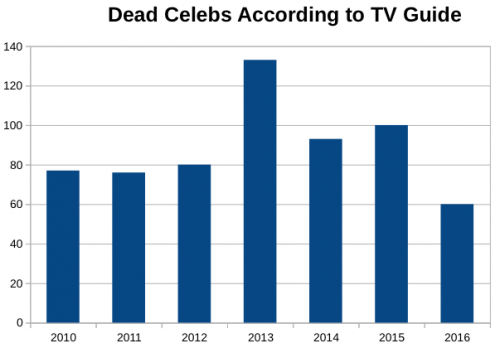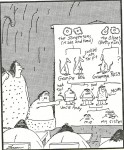One man’s quest: to have sex with teenagers. His tools: misconceptions about biology, access to a meme-maker, and boundless self-pity. Ladies, meet Lucas Werner…and run away.
He’s an atheist in Washington state, going by the name “OlympiaAtheist” on facebook. I wish he wouldn’t. Atheists have enough reputation problems as it is.
His obsession — it really is an obsession, it’s basically all he writes about — is that he’s 37 years old, he wants a girlfriend who is less than half his age, and that he thinks he is biologically entitled to have sex with younger women. His strategy is to create terrible, terrible meme images and post them on the web, which I’m sure is going to draw in the high school girls like bees to honey. Here’s one example. There are many more.
You should have sex with him, because he has lower telomerase levels than younger men, and therefore he’s not going to give you cancer. And you’re a bigot and a hypocrite if you don’t take him up on his kind offer. Here’s a photo of a bridge.







